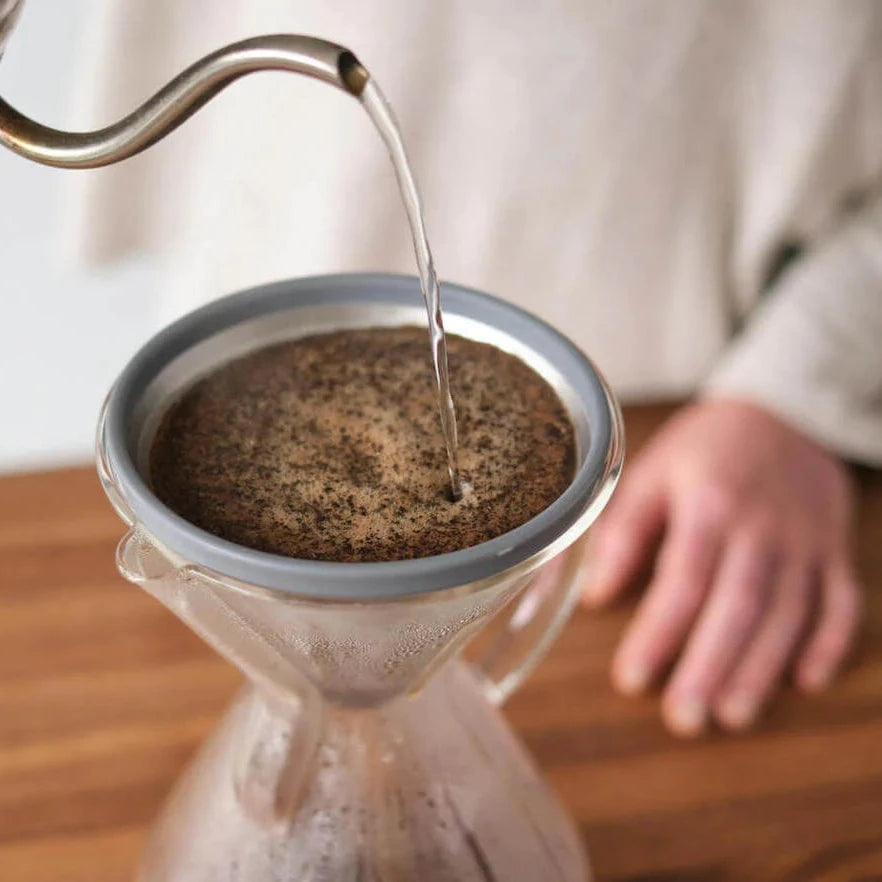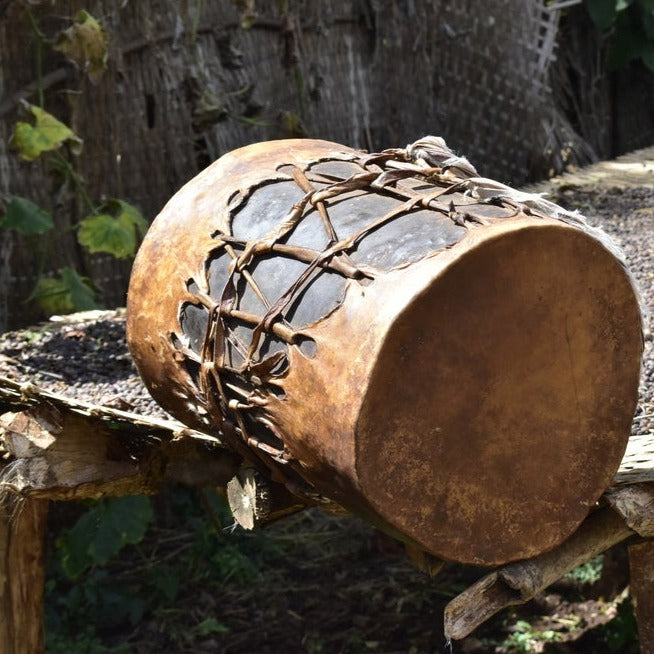ETHIOPIA
ETHIOPIA
Ethiopian coffee with notes of tropical fruit, crisp florals, and citrus. Sourced from Gotiti, Gedeo, Yirgacheffe, Ethiopia.
- Compatible with any brewing method
- Select your grind type below
Couldn't load pickup availability
PRODUCT DETAILS
Description
Description
This Natural coffee from Yirgacheffe is bursting with the delicate crisp florals, rich notes of tropical fruit and citrus flavour.
Coffee Information
Coffee Information
This Coffee's Story
This Coffee's Story



Reviews



